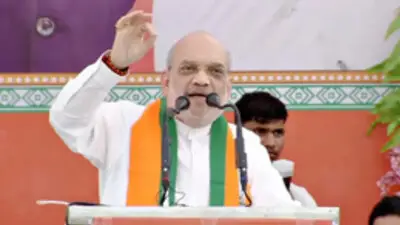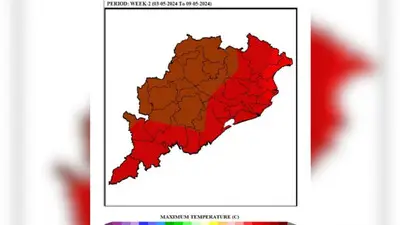Recommended Stories
By Ashutosh Mishra
Bhubaneswar: Considering that Odisha’s economy is still primarily an agricultural economy issues relating to farmers should have taken the centre-stage in this election. But the only such issue being highlighted by the ruling Biju Janata Dal (BJD) is the Centre’s failure to raise the minimum support price (MSP) of paddy.
The party has put up big hoardings at strategic points in towns and villages across the state proclaiming that BJP-led NDA government has failed the farmers in this regard. This is part of the party’s “ hak maguchi Odisha ” ( Odisha is seeking its rights) campaign that is one of the highlights of this election.
But apart from this no other major issue connected with the farming community which, incidentally happens to be one of the most neglected in the state, is either being raised by the parties in the fray or the organisations claiming to be fighting for the cause of farmers.
One had expected organisations like Nav Nirman Krushak Sangthan to actively campaign in the elections to highlight the problems of state’s farmers and also its demand of pride, prestige and pension for the farming community. But no such campaign is visible. I have travelled through a number of Lok Sabha constituencies but did not find any farmers’ organisation actively campaigning for the rights of the community.
Unfortunately they have failed to build up effective campaigns even in areas like Bargarh and Sambalpur which have reported cases of farmer suicides in the past. In both these constituencies farmers are facing a number of problems but there is no one to articulate their viewpoint.
Parts of Bargarh, widely known as the rice bowl of Odisha, are still rainfed. Even in areas where lift irrigation facilities are available farming remains a difficult proposition because of recurrent power failure that makes these points non-functional. Parties like BJP and Congress mention these issues only in passing.
In districts like Koraput, Malkangiri and Rayagada there is a dire need to educate farmers about healthy farming practices. Slash and burn farming, popularly known as Podu, is still rampant in these areas because the tribals indulging in this practice do not realise its disastrous impact on the land which is rendered infertile for a long time.
Podu, one of the crudest farming methods in the hilly terrains of this tribal belt, involves clearing patches of vegetation on hill slopes by burning them and then tilling it to grow crops. The farmers quickly move on to the next patch leaving the last one barren for a long time to come.
Podu, which is rendering the once verdant hills of undivided Koraput district bald, also increases the risk of flash floods and soil erosion. With vegetation cover of the hills gone water comes cascading down their slopes following heavy rains resulting in flash floods which have killed people in the past.
Apart from the government it is also the duty of farmers’ organisations to educate the tribals about the disastrous consequences of Podu and teach them healthy farming practices. Unfortunately this is not happening.
(DISCLAIMER: This is an opinion piece. The views expressed are author’s own and have nothing to do with OTV’s charter or views. OTV does not assume any responsibility or liability for the same.)













